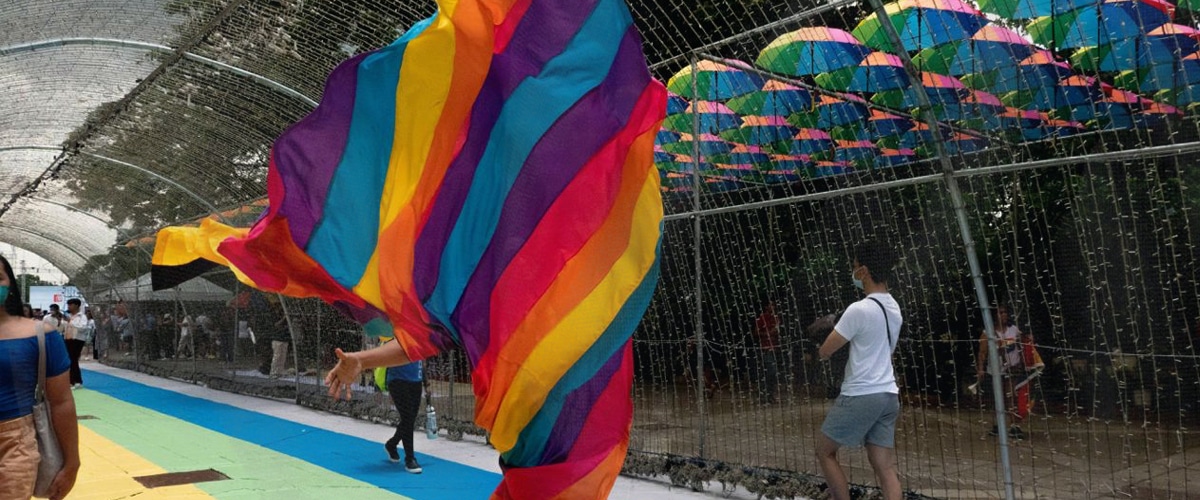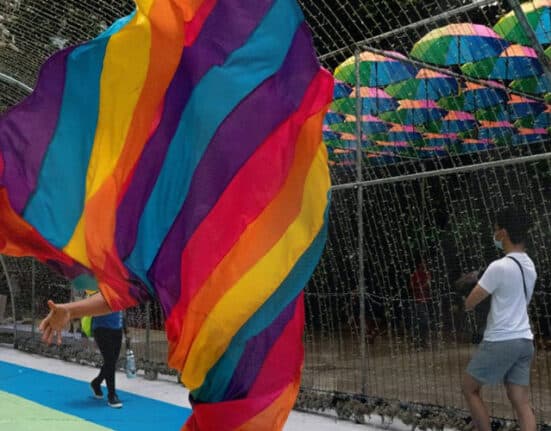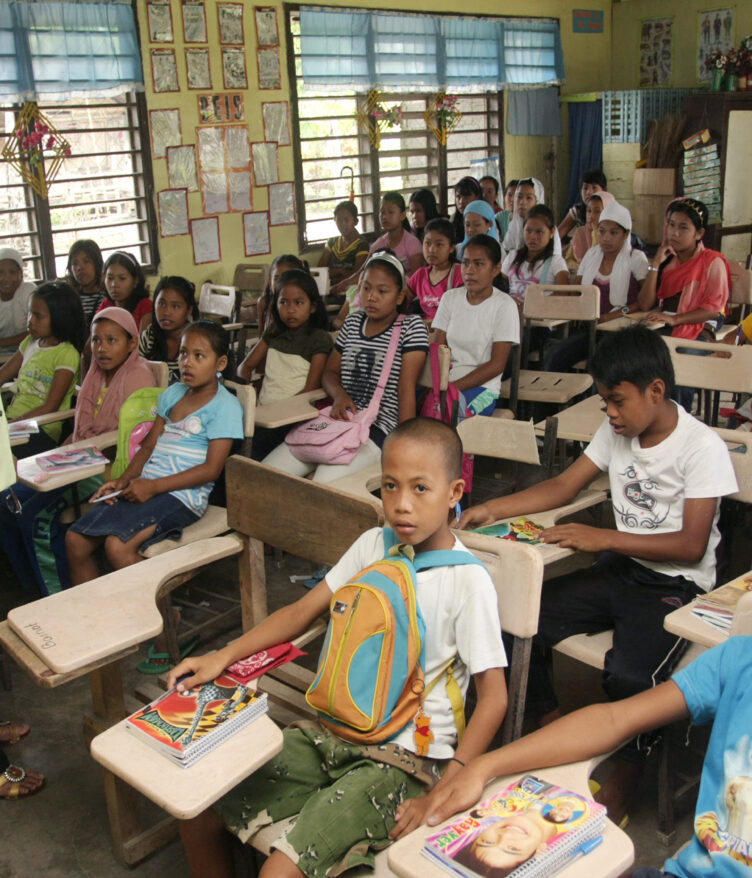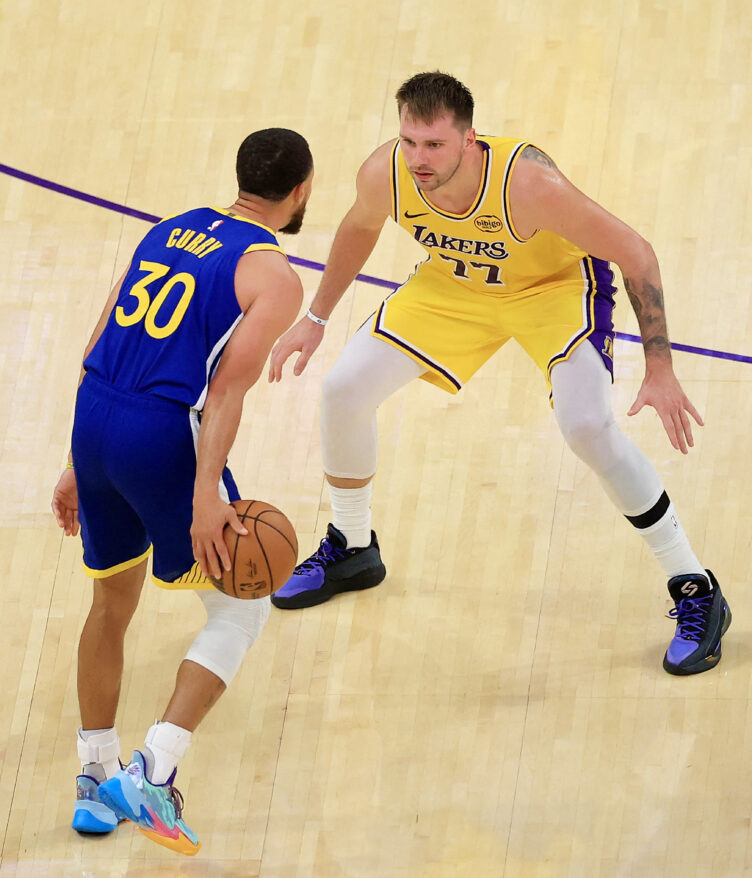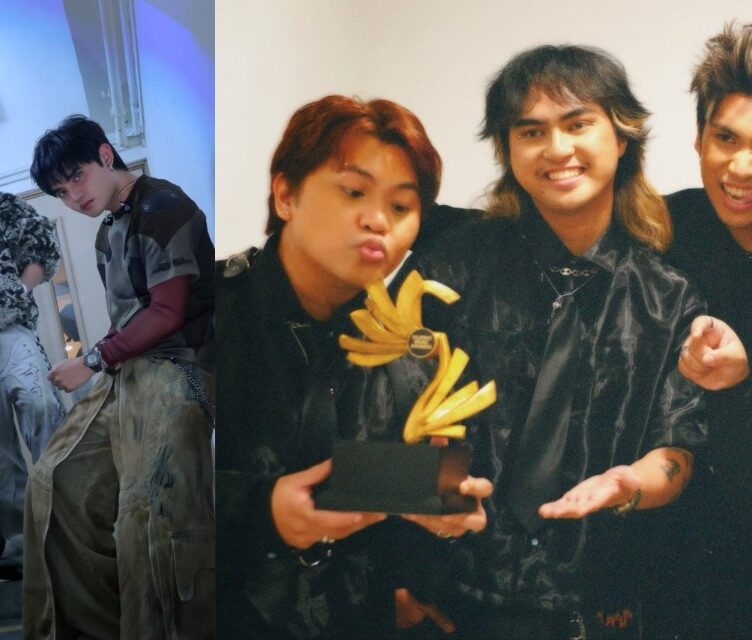EVERY June, social media floods with rainbow logos, #LoveWins hashtags, and companies scrambling to prove they support the LGBTQIA+ community. But Pride Month isn’t just a celebration. At its heart, Pride is a protest – a stand against discrimination, silence, and violence. And one of the most persistent forms of that discrimination? Casual homophobia.
These aren’t always the loud or hateful slurs. Sometimes they come in the form of tweets that go viral, comments on Tiktok videos, throwaway comments at a random place, or jokes we grew up hearing. I collected these lines from social media, personal encounters, and stories from queer friends – people who are honestly tired of hearing the same things again and again. If you say you’re an ally, or want to be one, then this is your sign to pay attention.
Let’s call out these lines for what they are. Here are 10 everyday phrases that sound harmless, but aren’t.
‘Pano yun? Sinong lalaki sa inyong dalawa?‘
Keyt, 22, identifies herself as pansexual, experiences this a lot. Whenever she mentions having a girlfriend, most of the time men are quick to ask who the “man” is in the relationship. The question might sound innocent, but it’s deeply loaded with assumptions. It tries to box queer relationships into heteronormative roles, as if one has to be the “guy” and the other the “girl.” Not all love needs a masculine-feminine binary to be valid. Some people love without roles, and that doesn’t make their relationship any less real.
‘Wag kang masyadong sumama sa tomboy na ‘yan.’
Anna, 25, a queer woman, heard her best friend’s father say this about her. The implication? That being queer means you’re automatically into every person of the same gender. As if her identity cancels out the idea of boundaries or respect. It’s insulting and just plain wrong. Queer people, like anyone else, have preferences. They don’t go around catching feelings for every friend they have. Straight people don’t get treated this way, so why should LGBTQIA+ folks?
‘Okay lang maging bakla, basta hindi halata.‘
On the surface, this sounds like acceptance. But it’s actually a restriction. It says, “You’re okay, as long as you stay in the background, blend in, and don’t make me uncomfortable.” Queer people shouldn’t have to tone themselves down just to be tolerated. You either support them or you don’t. There’s no in-between. Stop policing how people express themselves. It’s exhausting.
‘Love ko mga bading, basta hindi ako type.’
This one always sounds like a compliment, but it’s more about ego than allyship. It assumes queer people are constantly looking to flirt, and that being hit on by someone gay is an attack. Reality check: not everything is about you. Queer people just want to live their lives, not chase every straight person they meet. Relax.
‘Support ako sa LGBTQIA+, pero ayoko lang kung anak ko.‘
This hits hard. You’ll wave the rainbow flag, wear the Pride shirt, post the hashtags, but when your own child comes out, you draw the line? That’s not support. That’s conditional love. And it’s one of the most painful things a queer person can hear from someone they care about. Allyship doesn’t stop at your doorstep. If you’re uncomfortable with the idea of queerness approaching close to your home, maybe it’s time to sit with that discomfort and ask yourself why.
‘Gusto ko ng gay best friend, ang saya nila!‘
This line might sound fun, but it turns people into stereotypes. It’s like saying, “I want a funny sidekick!” Queer people aren’t here to entertain you, fix your outfits, or be your therapist-on-call. Friendship should be real, not transactional. Let queer people just be people. Full stop.
‘Sayang, ang gwapo/ganda niya, bakla/tomboy pala.‘
Sayang for who? This comment implies that queerness is a waste of beauty, like it somehow disqualifies someone from being attractive or desirable. But being queer doesn’t take anything away from someone’s worth. If anything, what’s truly “sayang” is the narrow way we’re taught to see people. Someone’s gender identity or sexuality doesn’t erase their beauty or value.
‘Ayoko sa sobrang loud na bading.‘
What you’re really saying is: “Be gay, but only if you act straight.” This line enforces respectability politics. It tells queer people they’re only acceptable when they tone themselves down. But the LGBTQIA+ community is full of color, volume, and life. Let people live. Let them be loud if they want to. Their existence doesn’t need to be palatable to you.
‘Baka kaya naging ganyan, wala kasing tatay.‘
This is just plain ignorant. It tries to explain queerness as a result of trauma or broken homes. It’s a dangerous mindset that pathologizes identity, as if queerness needs a reason. People are queer because they are. That’s it. Not because they lacked a “proper” family structure. Let’s stop acting like queerness is something that needs to be fixed.
‘Tomboy? Sayang boobs niyan.‘
Stop. Just stop. This is one of those lines that’s meant to be “funny” but ends up being degrading. It sexualizes queer women, invalidates their identity, and turns them into objects. It’s creepy, not clever. If you wouldn’t say it to a straight woman, don’t say it to a queer one either.
Speak with pride, not just in June
Words are powerful. They can affirm, include, and celebrate, or they can isolate, belittle, and erase. If you were on the receiving end of these lines, how would you feel?
Being an ally isn’t about parading in glitter once a year. It’s about doing the quiet, uncomfortable work the rest of the year, especially when no one’s watching. It’s calling out your barkada when they make a joke that crosses the line. It’s unlearning the phrases you grew up hearing. It’s choosing to be better, even when it’s easier to stay silent.
So this Pride Month, and every month after, don’t just wear the colors. Change the culture. Start with your words. Reflect. Apologize when you mess up. Commit to unlearning and relearning.
Because real allyship? It’s not performative. It’s personal.
And the best way to show love to the community? Let’s make it simple. Speak with respect. Speak with care. Speak with pride.
With reports from Kyla Vivero
How useful was this post?
Click on a star to rate it!
Average rating 0 / 5. Vote count: 0
No votes so far! Be the first to rate this post.
We are sorry that this post was not useful for you!
Let us improve this post!
Tell us how we can improve this post?

